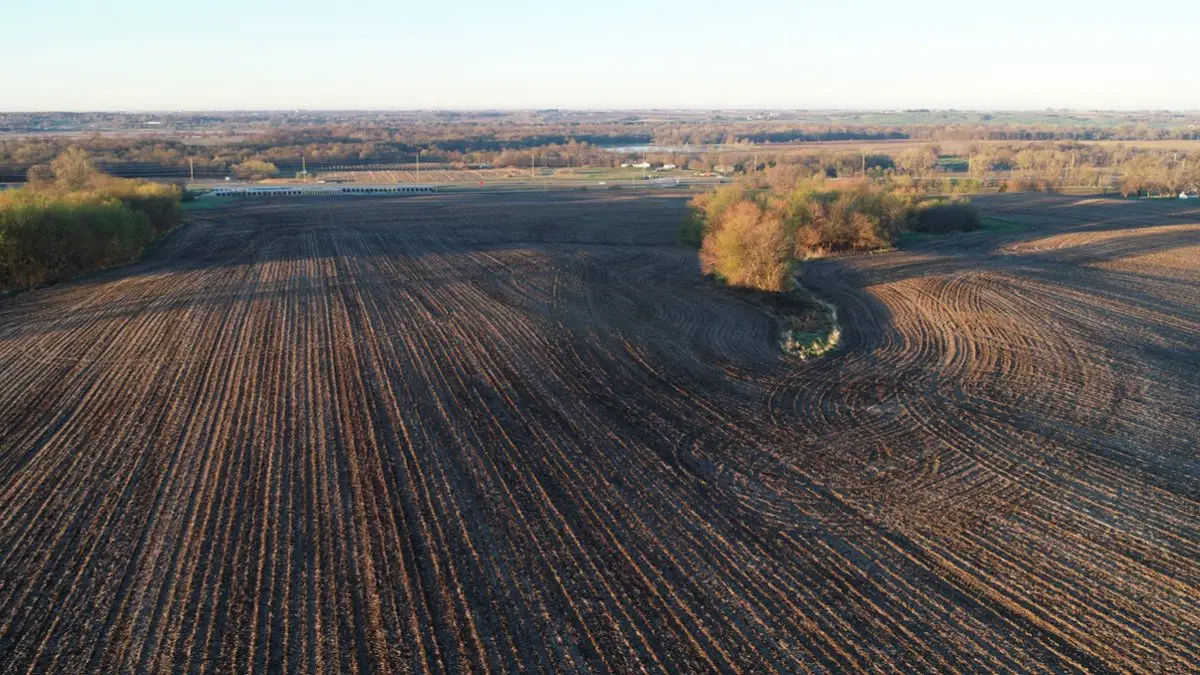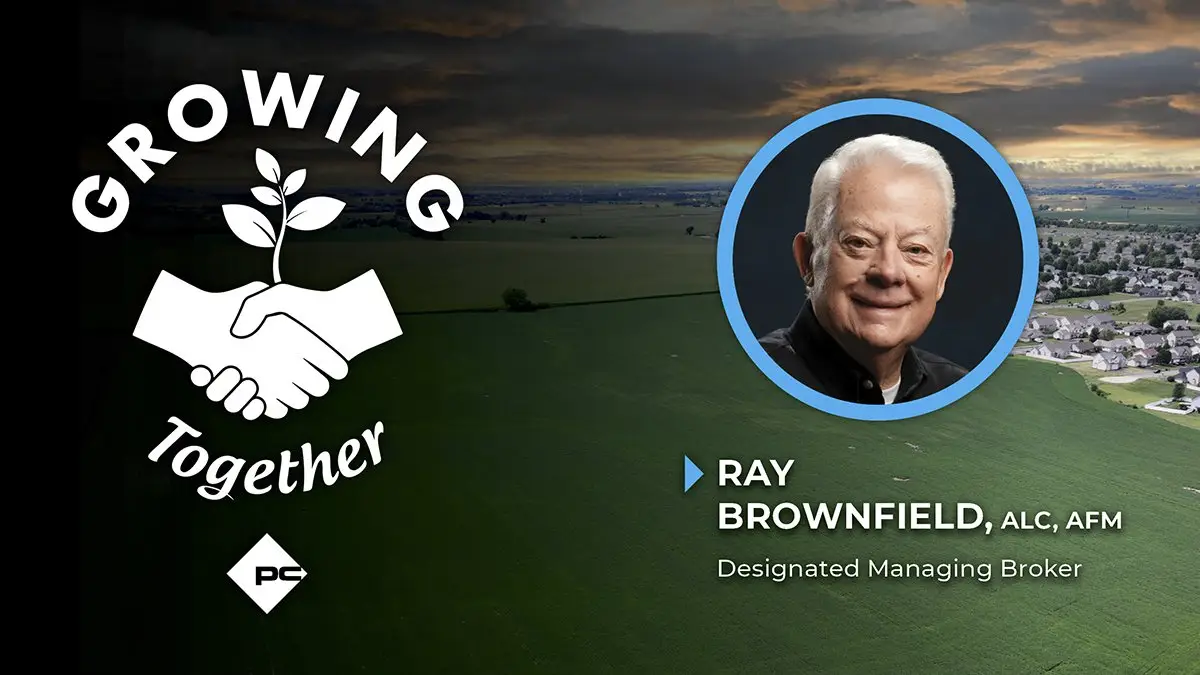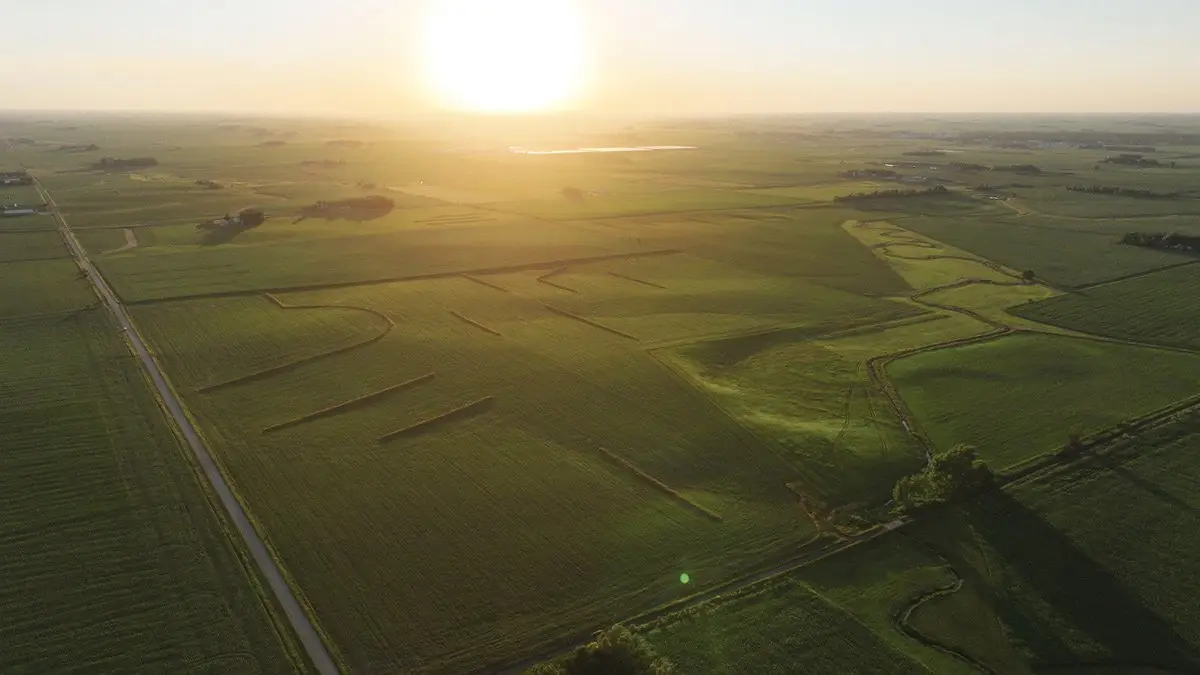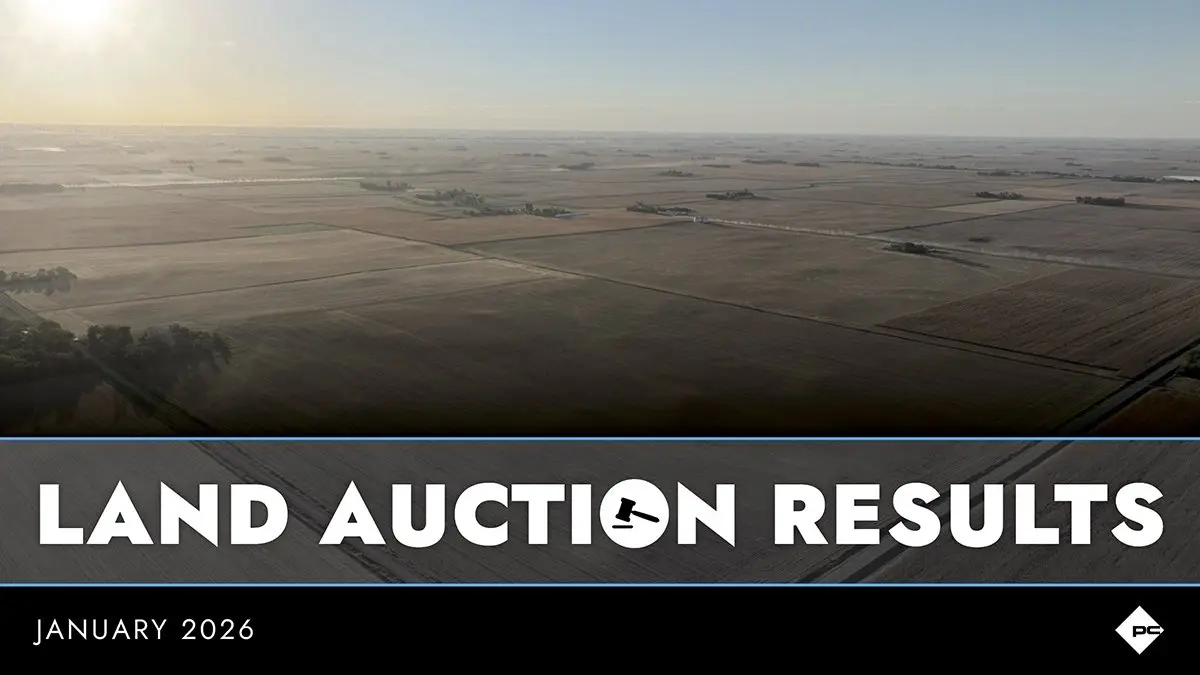Photo: Alexey Malgavko/Reuters
Midwest Land Values Poised To Move Higher
As fall begins and the bustle of farmland auctions grip the Midwest, the farmland market seems to have moved toward an advantage for sellers. The year of 2020 depicts many similarities to the combination of economic factors observed in 2012 after experiencing several years of diminishing commodity prices. Strong grain prices, increased farmer participation in land purchases, and suppressed interest rates collectively contributed to the strength in land values which peaked in 2013-14.
While commodity prices currently do not compare to the elevated values experience from 2011 through 2013, the abundance of “cheap” capital seeking a stable return is unprecedented. Simply stated, a 3% cash yield generated from owning farmland has never been more financially attractive. In the current market, the surplus of interested money exceeds available land for sale creating many interesting economic scenarios. Read More
DST Farms launches capital gains exchange strategy with organic Arkansas farm
Peoples Company president Steve Bruere is among the owners of a new firm offering retail investors tax-efficient structures for redeploying proceeds of property investments into farmland.
DST Farms currently offers the opportunity to buy into a 1,100 acre organic property in Arkansas in compliance with Section 1031 of the federal tax code, which allows investors to defer capital gains tax on proceeds from the sale of one property when used to purchase another. Compliant investments must be identified within 45 days and closed within 180 days under the rules of the provision, which is already used by real estate investment trusts, family offices and other active in farmland markets. Read More
Wheat Prices Skyrocket After Dry Weather, Coronavirus Lockdowns
Wheat prices have hit their highest level in over five years in reaction to scorching weather, concerns over food insecurity brought on by the coronavirus pandemic and the lockdowns put in place to fight it.
Extreme dryness and heat in the world’s breadbaskets, including Russia and the U.S., are key factors in the price surge. The virus has driven strong demand for basic foodstuffs, posed logistical challenges to harvests and snarled supply chains.
The Norwegian Nobel Committee on Friday awarded the 2020 Nobel Peace Prize to the United Nations World Food Program, noting the pandemic’s impact on food insecurity and the body’s work to alleviate it.
The U.N. Food and Agriculture Organization said Thursday that its Food Price Index, which tracks prices of a basket of the most common foodstuffs, rose to a seven-month high. Global cereal prices in particular were climbing, hitting their highest level in over two years, the organization said. Read More
Harvard University puts A$210m Australian farming portfolio up for sale
The Harvard University Endowment Fund has placed a portfolio of mixed farming assets in New South Wales on the market for sale expectations of A$120 million ($86 million, €73 million).
The 13, 652 hectare Western Rosella portfolio is located in the Riverina region of NSW, comprising three properties located within a 95 km radius of each other: Moora, a 524 ha almond orchard; Eroley, a 2,419 ha property with 376 ha planted to almonds; and Newmarket, a 10,707 ha property with multiple irrigation systems and substantial on-site water storage.
All three properties come with varying water entitlements, with potential for further development of greenfield land on some of the properties, and capacity for dryland cropping and livestock grazing too. Read More
Their Dream Was a Working Farm (but They Weren’t Farmers)
Claire Ko and Eugene Kwak didn’t want a woodland cabin or beach house as their weekend getaway from Manhattan. They dreamed of living on a working farm.
Never mind that neither had any experience farming. After years of shopping at the Union Square Greenmarket, they had become increasingly curious about where their food came from.
“We experienced this great interest in being able to consume produce from the local Hudson Valley area,” said Ms. Ko, 38, the chief people officer at a cheese company.
To take that interest a step further, Mr. Kwak, 40, an architect and assistant professor at Farmingdale State College on Long Island, began fantasizing: Why not buy some land, give much of it to a young farmer and build a two-family house where they could all live together? Read More







